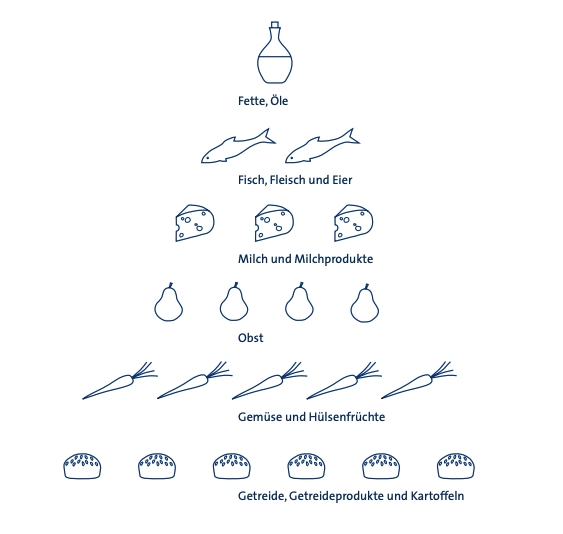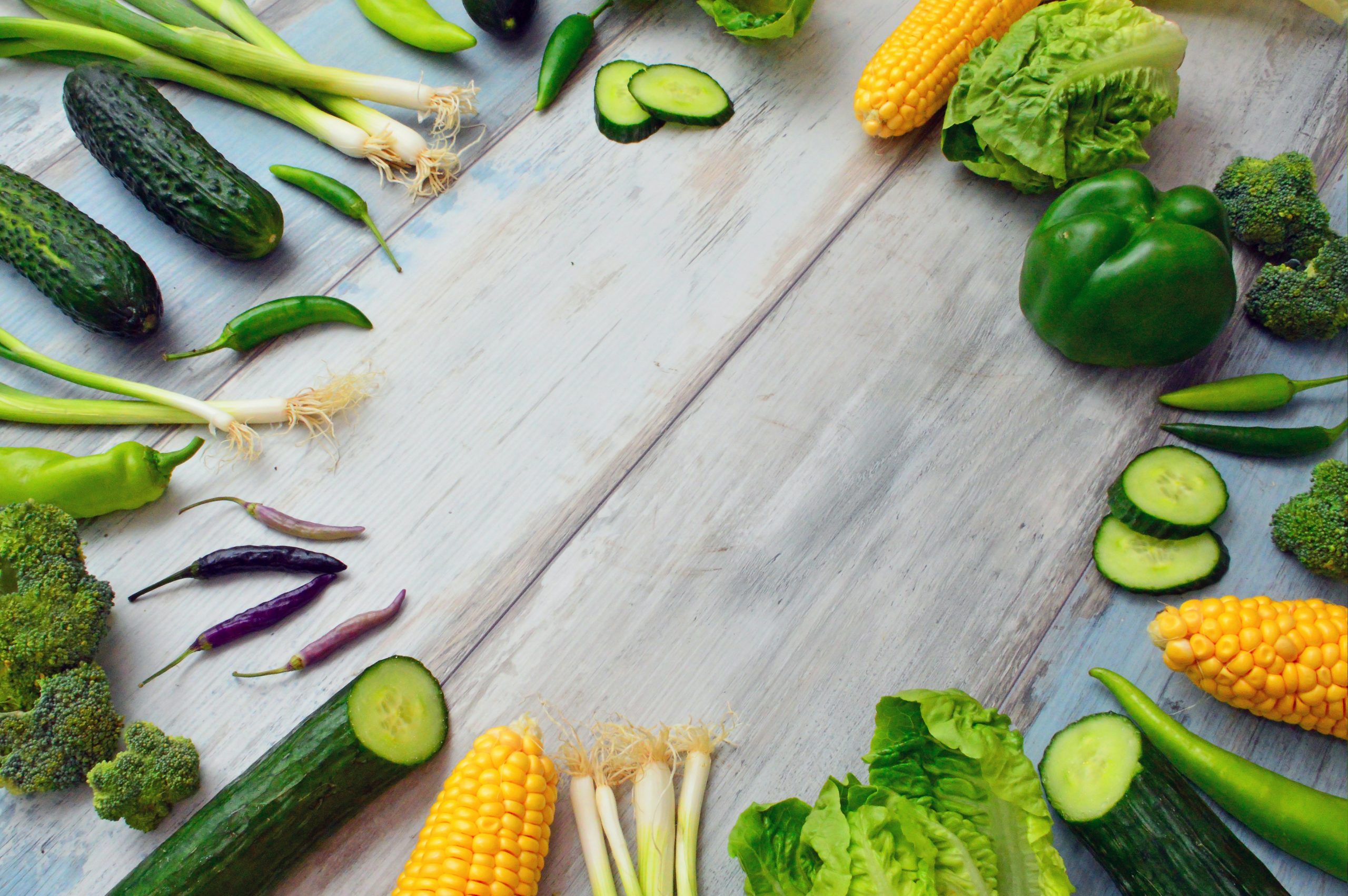With cancer, many people affected rethink their own habits. Diet is part of it, because now many are asking: is my morning coffee still good for me? Does it even make me sick if I eat meat or drink milk? In the following section you can find out whether there are foods that you should avoid and where caution might be appropriate.
Question:
Do I have to eat differently after being diagnosed with cancer?
Answer:
As such, cancer patients do not require any special diet. Basically, not only patients but also all those not affected should pay attention to a healthy and balanced diet in order to strengthen their own health. There is no specific diet against cancer cells, even if special cancer diets are repeatedly promoted in the press. There are indeed indications of unfavorable nutritional influences, e.g. through excessive consumption of refined sugar and fat, which in triggering cancers, can play a role. However, there is no evidence that a particular diet can influence a tumor, let alone the course of the cancer. On the contrary, most “cancer diets”, if poorly carried out, lead to malnutrition and malnutrition, which can seriously endanger the patient. In principle, the recommendations for a healthy diet should not differ from those for people without a malignant disease. Excessive alcohol and nicotine consumption should in principle be restricted or completely avoided. A reduction in obesity through less high-fat foods and a varied composition of food is also useful. Several small meals are usually cheaper than a few large ones. The meal should take place in a cozy atmosphere and there should be enough time to eat. The influence of these social aspects should not be underestimated when it comes to nutrition. The following are also recommended: reduction of frequent meat consumption, use of whole grain products, regular consumption of fruit and vegetables. In general, fresh products (e.g. milk) should be consumed. Preserved foods and nuts that are no longer perfect should be avoided. If significant segments of the intestine have been removed during surgery or if there are digestive problems, special dietary recommendations may be necessary. These should be worked out professionally with your doctors and their nutrition teams.

Question:
A magazine recommends taking high-dose vitamin supplements, what do you think?
Answer:
The euphoria regarding the intake of vitamins is based on the “antioxidant theory” of vitamins A, C, E as supposed “cancer preventers”. Its effectiveness is based on a study of 29,000 malnourished Chinese. In a Finnish study of 30,000 smokers, people who received vitamin A and E supplements alone or in combination even tended to have negative symptoms. Systematic studies at the renowned American Mayo Clinic in Rochester could not show any advantages of high-dose vitamin C therapy compared to the control group that received no vitamin C. In addition, there is even evidence that a parallel administration of vitamin C to platinum-containing chemotherapy can trigger chemotherapy resistance. Because part of the effect of chemotherapy is due to the formation of so-called free radicals, which are caused by certain vitamins, such as. B. Vitamin C, can be neutralized.
High doses of vitamins can, albeit rarely, lead to side effects. Therefore, speak to your doctor early on about possible side effects before using any additional cancer drugs or procedures. Side effects of high-dose vitamin therapy can include: fluid retention in the tissue, kidney stones, colic, diarrhea and nausea.
Question:
I finally want to lose weight, what is the best way to do it?
Answer:
Nutritional advice and therapy for oncological patients should be based on the generally applicable criteria (Internet at: http://www.krebshilfe.de/wir-informieren/material-fuer- Betroffene/blaue-ratgeber.html).
What is important is the ratio of the target weight to the actual weight and how much weight should be lost in which period. Please clarify this with your treating doctor. A healthy diet with plenty of well-dosed physical exercise is the basis for weight loss. Too much weight loss in a very short period of time should be avoided as this puts additional strain on the body.
One-sided diets are also not advisable, as they can cause deficiency symptoms. Laxatives or diet medication are generally not very suitable; in any case, these measures must be discussed with your doctor. When dieting, you should make sure that you drink enough and consume enough vitamins and minerals.

